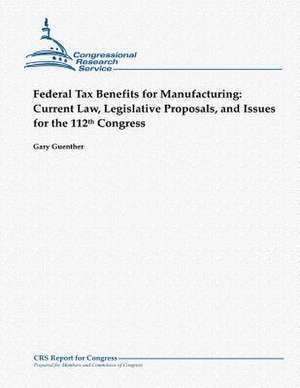Federal Tax Benefits for Manufacturing
Autor Gary Guentheren Limba Engleză Paperback
Preț: 99.53 lei
Nou
Puncte Express: 149
Preț estimativ în valută:
19.04€ • 19.94$ • 15.76£
19.04€ • 19.94$ • 15.76£
Carte disponibilă
Livrare economică 17-31 martie
Preluare comenzi: 021 569.72.76
Specificații
ISBN-13: 9781481144902
ISBN-10: 1481144901
Pagini: 34
Dimensiuni: 216 x 280 x 2 mm
Greutate: 0.1 kg
Editura: CREATESPACE
ISBN-10: 1481144901
Pagini: 34
Dimensiuni: 216 x 280 x 2 mm
Greutate: 0.1 kg
Editura: CREATESPACE
